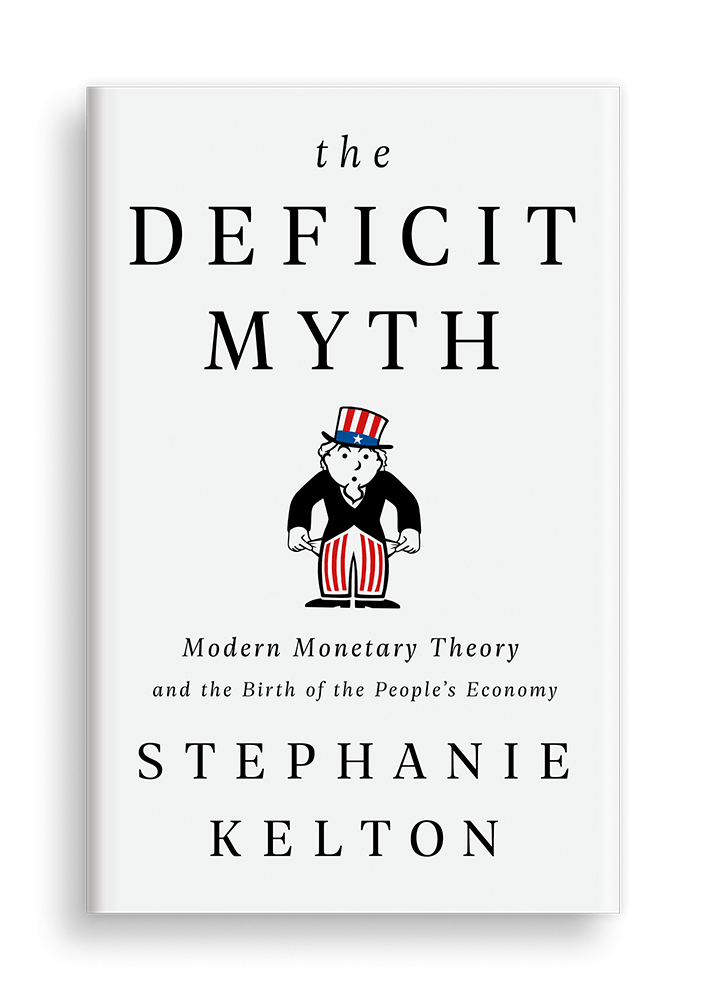1/

2/
3/
4/
5/
6/
7/
8/
9/
10/
11/
12/
13/
marketplace.org/shows/make-me-…
14/
stephaniekelton.com/book/
eof/

Keep Current with Covered Dish People
This Thread may be Removed Anytime!
Twitter may remove this content at anytime, convert it as a PDF, save and print for later use!

1) Follow Thread Reader App on Twitter so you can easily mention us!
2) Go to a Twitter thread (series of Tweets by the same owner) and mention us with a keyword "unroll"
@threadreaderapp unroll
You can practice here first or read more on our help page!